APAGS has the following funding opportunities available for members. Apply today! The deadline for these grants is May 6th, 2015 at 11:59PM (ET). Don’t miss out!
- The Nancy B. Forest and L. Michael Honaker Master’s Grant for
Research in Psychology – This grant, named in honor of Nancy B. Forest and L. Michael Honaker, funds thesis research in psychology at the Masters level. - The Scott Mesh Honorary Grant for Research in Psychology – This award honors Scott Mesh, one of the founding co-chairs of APAGS. The recipient of this award will receive $1,000 to support dissertation research in psychology.
- The David Pilon Scholarship for Training in Professional Psychology – This award honors David Pilon, a founding co-chair of APAGS in 1988. The recipient will receive $1,000 to promote supplemental training and education experiences in professional practice. The scholarship can be used for a specific training program or opportunity not otherwise available to the student.
- Ellin Bloch and Pierre Ritchie Diversity Dissertation Grant – This award provides funding to support research on issues of diversity such as varied ethnic backgrounds, women’s issues, ageism, sexual orientation, disability, etc.
- APAGS Committee on Sexual Orientation and Gender Diversity (CSOGD) Grant Program – This award provides $1,000 to support a project that promotes training and educational experiences in LGBT practice. Examples include, but are not limited to: workshops, conferences, speaker series, mentorship programs, and the development of student organizations with a focus on LGBT concerns.
- APAGS-LGBT Dissertation Grant – This award provides funding for a proposed research in the area of unique concerns facing LGBT individuals. Funds will not be awarded for a completed, or nearly completed dissertation.
- APAGS Outstanding APA Division Award – This award recognizes an APA Division for superior performance in promoting graduate student development, involvement, and joint APAGS/APA Division membership.
- APAGS Carol Williams-Nickelson Award for Women’s Leadership and Scholarship in Women’s Issues – This award is designed to acknowledge women APAGS members who have demonstrated exceptional leadership in psychology by serving in one or more leadership roles locally, regionally and/or nationally while also advancing women’s issues through their writing/publications, research, advocacy or other scholarly activities.
Visit the APAGS Scholarships and Grants page for more information on eligibility and how to apply. Good luck!



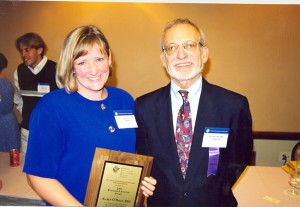
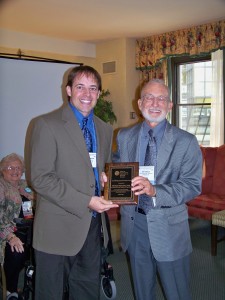
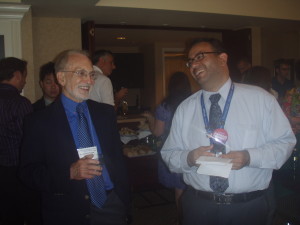

 avel to Canada, the first thing you need is a passport. If you do not already have one, or need a replacement or renewal, you should definitely consider applying soon. Processing times take anywhere between 8 business days to 6 weeks depending on how urgent you need it. Get started today by visiting the
avel to Canada, the first thing you need is a passport. If you do not already have one, or need a replacement or renewal, you should definitely consider applying soon. Processing times take anywhere between 8 business days to 6 weeks depending on how urgent you need it. Get started today by visiting the 
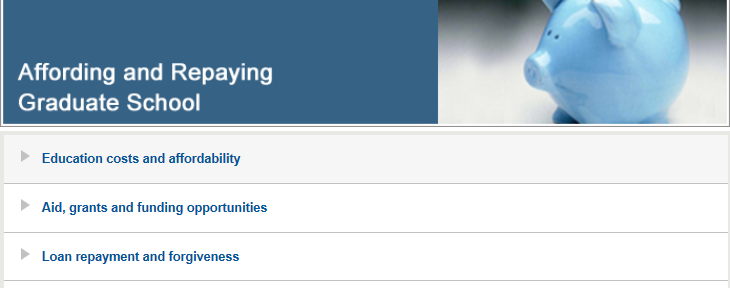

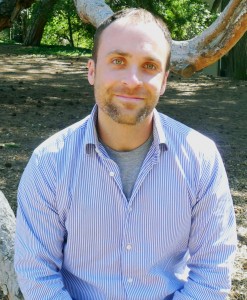 For more information on this project, please feel free to contact me at
For more information on this project, please feel free to contact me at